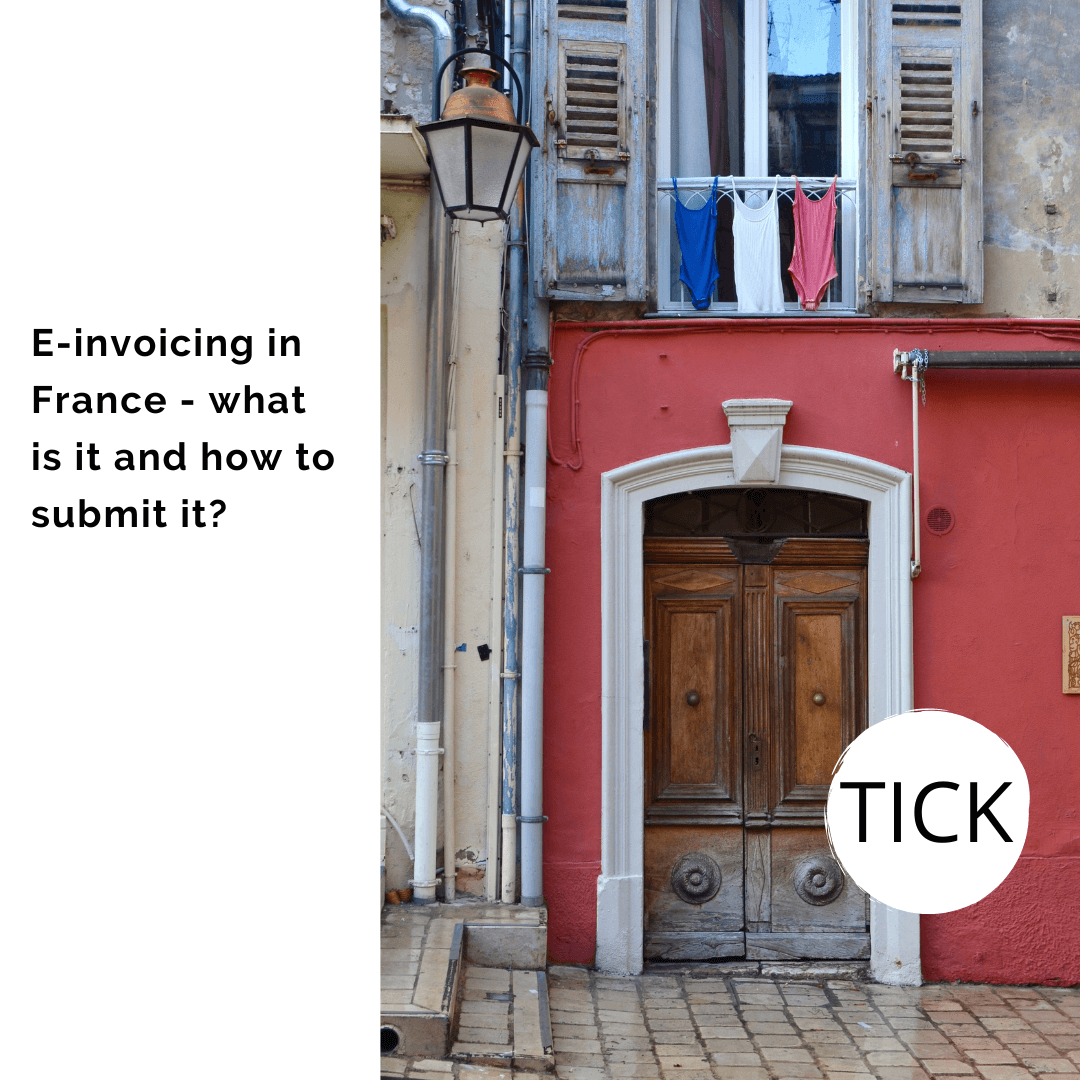The obligation to e-invoicing and e-publication in France will be introduced in stages from July 2024.
Mandatory B2B e-invoices in France
Electronic VAT invoices for B2B transactions and electronic reporting of all supplies not included in the e-invoicing obligation will be gradually introduced in France, in accordance with the three-year calendar plan.
Electronic invoices are mandatory since January 2020 in France regarding transactions with public administration (B2G).
What is e-invoicing in France?
E-invoicing means issuing, sending and receiving invoices electronically. In France, mandatory e-invoices require all enterprises to issue these invoices in a specific format in accordance with specific transmission standards. All relevant data on electronic invoices issued in France will be transferred to real -time tax authorities.
The obligation to issue e-invoices in the context of B2B expands to all of Europe. Italy already introduced mandatory e-invoices, Greece also requires e-invoicing and Spain announced plans to implement e-invoicing.
When will e-invoice in France become mandatory?
The obligation will be implemented in the years 2023 and 2025, depending on the size of the company and business activity.
July 1, 2024: required by large taxpayers (or“grandes entreprises”); all companies whose size does not fit in other categories.
January 1, 2025: enterprises with the size of the intermediary; These are enterprises employing less than 5 thousand. employees whose annual turnover does not exceed 0.1 billion EUR.
January 1, 2026: Small and medium -sized enterprises employing less than 250 employees and reaching an annual turnover below EUR 50,000,000.
It should be noted that despite the progressive implementation schedule, all companies must be able to receive electronic invoices by July 1, 2024.
Benefits of electronic invoicing for companies
It is expected that the implementation of e-invoration will bring various benefits, including:
Reduction of administrative burdens related to invoice management.
Lower invoicing costs.
More accurate invoice monitoring.
Reduced risk of VAT fraud.
Easy to prepare VAT declarations thanks to pre-filling.
On average, companies pay a cost of € 12 for each processed paper invoice. E-invoices cost € 3 per invoice, which increases productivity and reduces administrative loads.
Chorus Pro – Public PPF billing platform
The Chorus Pro platform is currently available an electronic platform for sending e-invoices issued in transactions made with the French public administration (B2G). You can access the Portal HERE.
We expect that B2B e-invoices in France will have to use a similar platform to send their B2B invoices to French tax authorities.
How to create an e-invoice?
Electronic invoices will be sent to a business client via the dematerialization platform, be it a public portal or other private electronic platform. Currently e-invoicing in France regarding transactions with public administration (B2G) via the chorus pro platform.
By acting as an intermediary between the supplier and the customer, these platforms will be able to transform the form of the invoice issued by the supplier into a format suitable for the customer.
Invoices received from your suppliers will be sent to you electronically via a selected platform. This platform can be the same as a supplier, a different platform or public portal, because these platforms must comply with the stock exchange.
Which companies are affected?
Companies based in France and participating in national sales and purchase transactions.
E-invoicing will be mandatory for all domestic transactions (sales and purchases as well as the provision of services) between enterprises based in France and VAT taxpayers. Transactions not subject to taxation for VAT purposes are not covered by compulsory implementation of e-invoration or e-refinement. You can findhere the official information published by the French tax authorities.


